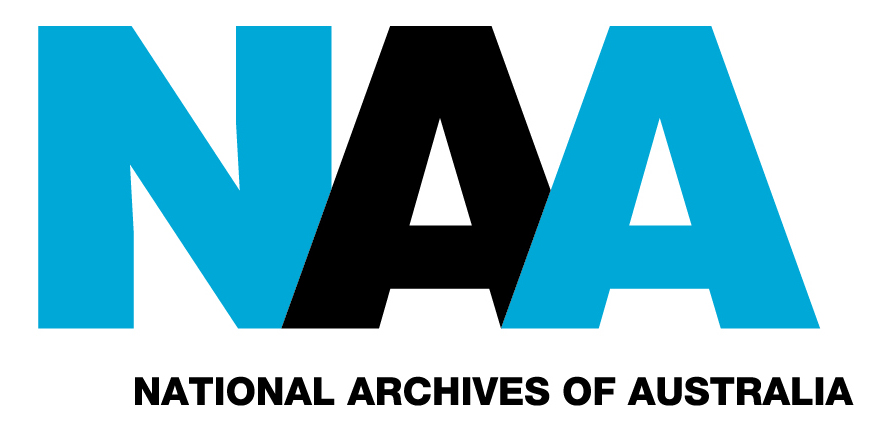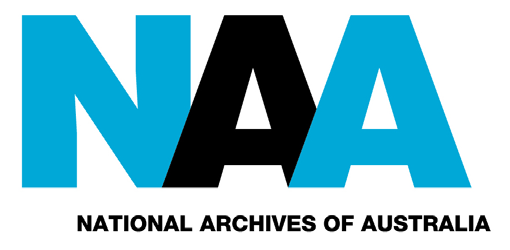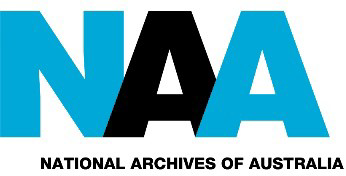

8 January 2025
Our reference:
FOI 216: 2024/3473
Mr Glenn Hamiltonshire
via: Right to Know.org.au
E:
xxxxxxxxxxxxxxxxxxxxxxxxxx@xxxxxxxxxxx.xxx.xx
Dear Mr Hamiltonshire
Notice of Decision - FOI 216
On 10 December 2024, you requested access under the Freedom of Information Act 1982
(FOI Act) to Style Guides/Brand Guides/Writing Guides currently used for the National
Archives of Australia.
Authority and Relevant Materials
I am authorised to make decisions under section 23(1) of the FOI Act.
In reaching my decision I referred to the:
•
terms and date of your FOI request
•
documents relevant to the request
•
relevant provisions of the FOI Act
•
Guidelines published by the Of ice of the Information Commissioner (OAIC) under
section 93A of the FOI Act (the FOI Guidelines).
Summary of Decision
I have identified 3 documents falling within the scope of your request.
Decision on Access
I have decided to grant you access in full to 2 documents, and access in part to 1 document.
Reasons for Decision Searches were undertaken according to normal business practice, and I identified 3
documents within the scope of your request.
Attachment A is the Schedule of Documents, which lists the documents being provided to
you and the exemptions I have applied to parts of Document 2.

Attachment B sets out details of relevant exemptions in the legislation.
Section 47F(1) – Public interest conditional exemptions – personal privacy
Section 47F(1) of the FOI Act provides that a document is conditionally exempt if its
disclosure under the FOI Act would involve the unreasonable disclosure of personal
information about any person (including a deceased person). Section 47F is a
conditional exemption and is subject to the proper application of the public interest test,
which is considered below.
Paragraph 6.127 of the FOI Guidelines provides:
The FOI Act shares the same definition of ‘personal information’ as the Privacy
Act, which regulates the handling of personal information about individuals ... The
cornerstone of the Privacy Act’s privacy protection framework is the Australian
Privacy Principles (APPs), a set of legally binding principles that apply to both
Australian Government agencies and private sector organisations that are subject
to the Act.
In this regard, personal information includes a person’s name, address, telephone
number, date of birth, medical records, bank account details, taxation information and
signature. Given this definition, all personal information regarding a person’s name,
email address, telephone number and signature, has been conditionally exempted using
this provision of the FOI Act on the basis that disclosing such information is
unreasonable on personal privacy grounds. Other personal information in the relevant
documents has also been conditionally exempted on this basis.
The public interest test entails a public authority deciding whether, in relation to a
request for information, it serves the interest of the public to disclose the information or
to maintain an exemption in respect of the information requested. In balancing whether
information should be excluded pursuant to section 47F(1) of the FOI Act, I have
exercised my discretion to withhold personal information relating to people (including
public servants) whose names and contact details are not currently held within the public
domain. I have not applied section 47F(1) exemptions to the names of officers in the
Australian Public Service at or higher than Senior Executive Service level, or to work
(desk) telephone numbers for other National Archives officers.
Public Interest Test – Section 11A(5) of the FOI Act
Section 11A(5) of the FOI Act provides that when a document is conditional y exempt, the
public interest test must be considered. I applied the public interest test to the conditional
exemption outlined above.
When weighing up the public interest for and against disclosure under section 11A(5) of the
FOI Act, I considered relevant factors in favour of disclosure. I considered the extent to
which disclosure would:
•
Promote the objects of the FOI Act
•
Inform debate on matters of public importance
•
Promote effective oversight of public expenditure
•
Contribute to the administration of justice generally, including procedural fairness
•
Facilitate access to information by members of the public that allows them to be
satisfied that proper processes have been followed by National Archives.


I also considered additional relevant considerations, including whether:
•
The information is available from publicly accessible sources
•
Release of information could cause stress to a third party, and
•
Disclosure of the information might advance the public interest in government
transparency and integrity.
I identified the following factors weighing against the release of the documents:
•
Whether documents were previously circulated in the public domain
•
Disclosure could reasonably be expected to prejudice the protection of an
individual’s right to privacy.
Based on these factors, I decided that the public interest in disclosing some information in
document 2 is outweighed by the public interest against disclosure.
In making this decision, I have not taken into account any irrelevant factors set out in section
11B(4) of the FOI Act.
Charges
Section 29 of the FOI Act authorises an agency or Minister to impose a charge for providing
access to a document. No charge has been imposed for this request.
Disclosure Log Section 11C of the FOI Act requires an agency to publish information released to a person
under the FOI Act. This publication requirement does not apply if there is personal
information about any person in the released documents, and it would be unreasonable to
publish the information (see section 11C(1)(a)).
I have decided that it is in the public interest to publish copies of the documents on the
National Archives’ Disclosure Log.
Review Rights If you are not happy with my decision, you can ask for a review of the decision. You can ask
for an internal review to be undertaken by National Archives, or you can request a review by
the Information Commissioner. Your review rights are available from the Of ice of the
Information Commissioner at
Freedom of information reviews | OAIC
Please contact me via xxx@xxx.xxx.xx if you have any questions.
Yours sincerely,
Phoebe Morrison
FOI Decision Maker
 Attachment A
FOI 216 - Schedule of Documents
Doc. No.
Document Description
Decision
Exemption
Attachment A
FOI 216 - Schedule of Documents
Doc. No.
Document Description
Decision
Exemption
Document 1
National Archives of Australia – Brand Style Guide
Full
Nil
Document 2
National Archives of Australia – Writing and Editing Guide
Part
s 47F(1)
Document 3
National Archives of Australia – Video Production Guide
Full
Nil
Page
1 of
1
 Attachment B - Relevant Legislation - Freedom of Information Act 1982
Section 47F Public interest conditional exemptions—personal privacy
Attachment B - Relevant Legislation - Freedom of Information Act 1982
Section 47F Public interest conditional exemptions—personal privacy
General rule
(1) A document is conditionally exempt if its disclosure under this Act would involve
the unreasonable disclosure of personal information about any person (including
a deceased person).
(2) In determining whether the disclosure of the document would involve the
unreasonable disclosure of personal information, an agency or Minister must
have regard to the following matters:
a) the extent to which the information is well known;
b) whether the person to whom the information relates is known to be (or to
have been) associated with the mat ers dealt with in the document;
c) the availability of the information from publicly accessible sources;
d) any other matters that the agency or Minister considers relevant.
(3) Subject to subsection (5), subsection (1) does not have effect in relation to a
request by a person for access to a document by reason only of the inclusion in
the document of matter relating to that person.
Access given to qualified person instead
(4) Subsection (5) applies if:
a) a request is made to an agency or Minister for access to a document of the
agency, or an official document of the Minister, that contains information
concerning the applicant, being information that was provided by a qualified
person acting in his or her capacity as a qualified person; and
b) it appears to the principal officer of the agency or to the Minister (as the case
may be) that the disclosure of the information to the applicant might be
detrimental to the applicant’s physical or mental health, or well-being.
(5) The principal officer or Minister may, if access to the document would otherwise be
given to the applicant, direct that access to the document, so far as it contains that
information, is not to be given to the applicant but is to be given instead to a
qualified person who:
a) carries on the same occupation, of a kind mentioned in the definition of
qualified person in subsection (7), as the first-mentioned qualified person;
and
b) is to be nominated by the applicant.
(6) The powers and functions of the principal officer of an agency under this section
may be exercised by an officer of the agency acting within his or her scope of
authority in accordance with arrangements referred to in section 23.
(7) In this section:
Qualified person means a person who carries on, and is entitled to carry on, an
occupation that involves the provision of care for the physical or mental health of
people or for their well-being, and, without limiting the generality of the foregoing,
includes any of the following:
a) medical practitioner
b) psychiatrist
c) psychologist
d) counsellor
e) social worker.
Document Outline






